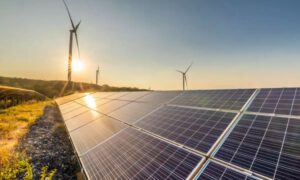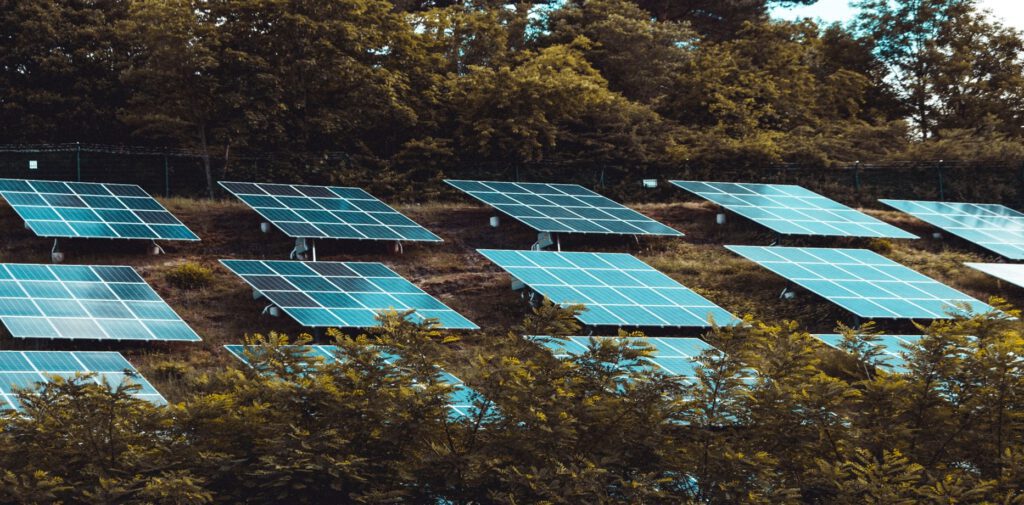As the world seeks cleaner and more sustainable energy sources, solar power has emerged as a leading solution to reduce reliance on fossil fuels and combat climate change. Solar panel installation plays a crucial role in harnessing the abundant energy of the sun and converting it into electricity for residential, commercial, and industrial applications. Let’s explore the benefits of solar energy and the process of solar panel installation, as well as its contribution to a more sustainable future.
Harnessing Solar Energy
Solar energy is a renewable and abundant resource that is freely available to us every day. By capturing sunlight using photovoltaic cells, solar panels convert solar radiation into electricity, providing a clean and sustainable source of power. Unlike fossil fuels, solar energy generates electricity without emitting greenhouse gases or pollutants, making it an environmentally friendly alternative for meeting our energy needs.
Advantages of Solar Power
There are numerous advantages to harnessing solar energy through solar panel installation. First and foremost, solar power plant helps reduce reliance on finite fossil fuels and decreases greenhouse gas emissions, thereby mitigating climate change and air pollution. Additionally, solar energy is abundant and readily available in most regions, making it a reliable source of power for both urban and remote areas. Solar panels also require minimal maintenance and have a long lifespan, offering cost-effective energy solutions for homes, businesses, and communities.

The Solar Panel Installation Process
The process of solar panel installation involves several key steps to ensure the efficient and effective generation of solar electricity. First, the team conducts a site assessment to evaluate the property’s location, orientation, and shading, determining its suitability for solar panels. Next, they install the solar panels on the roof or ground-mounted structures, positioning them to maximize sunlight exposure throughout the day. Once installed, they connect the panels to an inverter, which converts the DC electricity generated by the panels into AC electricity suitable for homes or businesses. Finally, they connect the solar power system to the electrical grid or batteries, enabling the storage or sale of excess energy.
Environmental and Economic Benefits
Solar panel installation offers a host of environmental and economic benefits for both individuals and society as a whole. By reducing reliance on fossil fuels, solar power helps decrease greenhouse gas emissions and combat climate change. Solar energy also helps create jobs and stimulate economic growth in the renewable energy sector, supporting local economies and communities. Additionally, solar panels can provide homeowners and businesses with long-term energy cost savings by reducing or eliminating electricity bills and offering a reliable source of power in the face of rising energy prices.
Contributing to a Sustainable Future
In conclusion, solar panel installation plays a critical role in harnessing the abundant energy of the sun and transitioning towards a more sustainable and resilient energy future. By embracing solar power, individuals, businesses, and communities can reduce their carbon footprint, lower energy costs, and contribute to a cleaner and healthier planet for future generations. As technology advances and solar energy becomes increasingly accessible and affordable, solar panel installation will continue to play a pivotal role in shaping the way we power our world, one ray of sunlight at a time.

